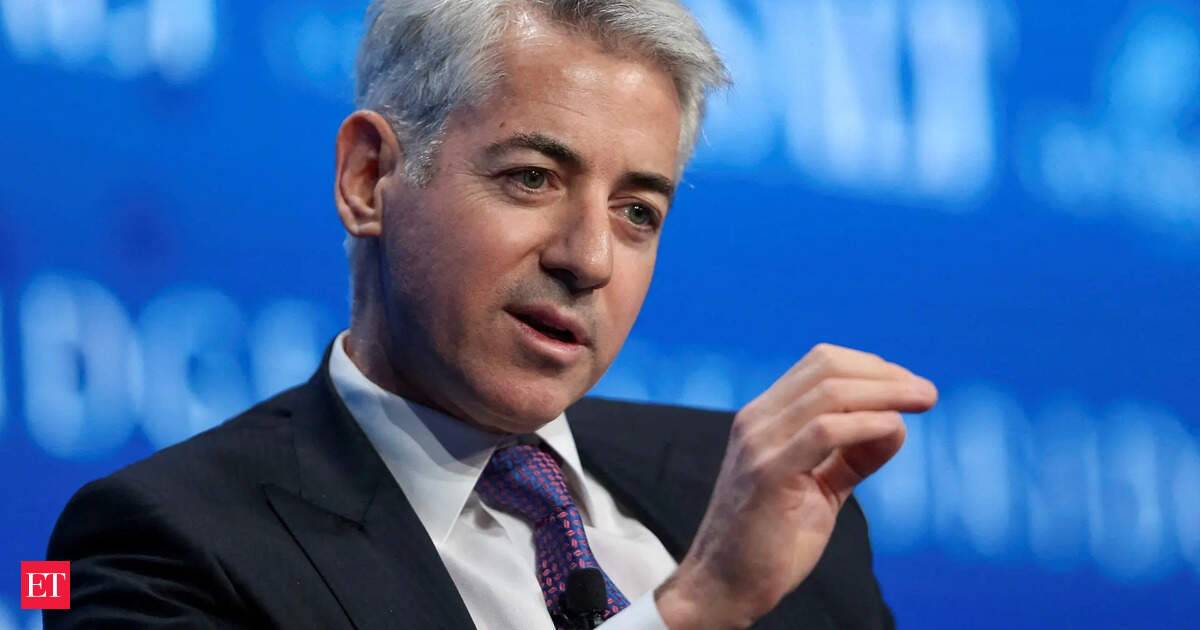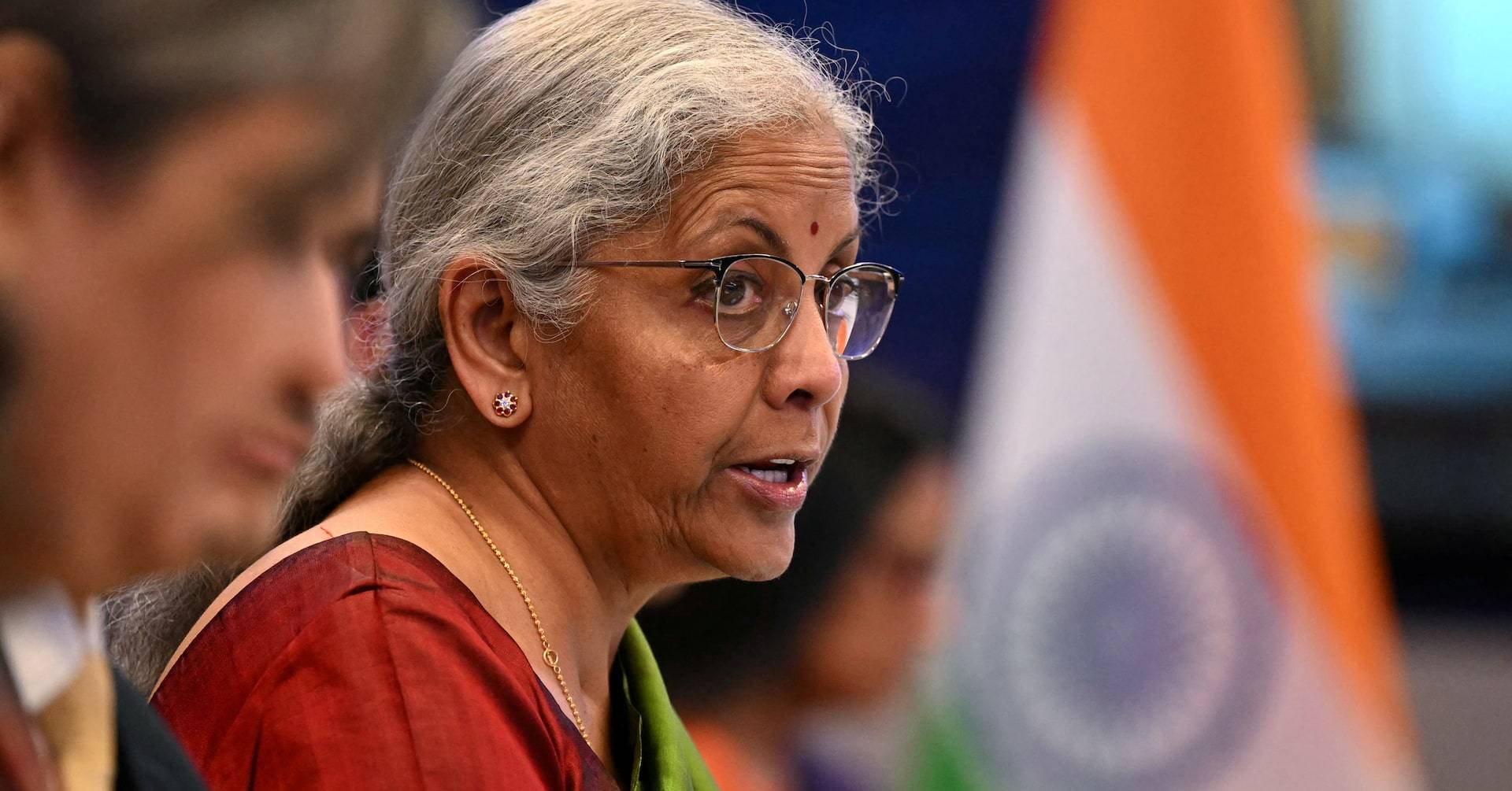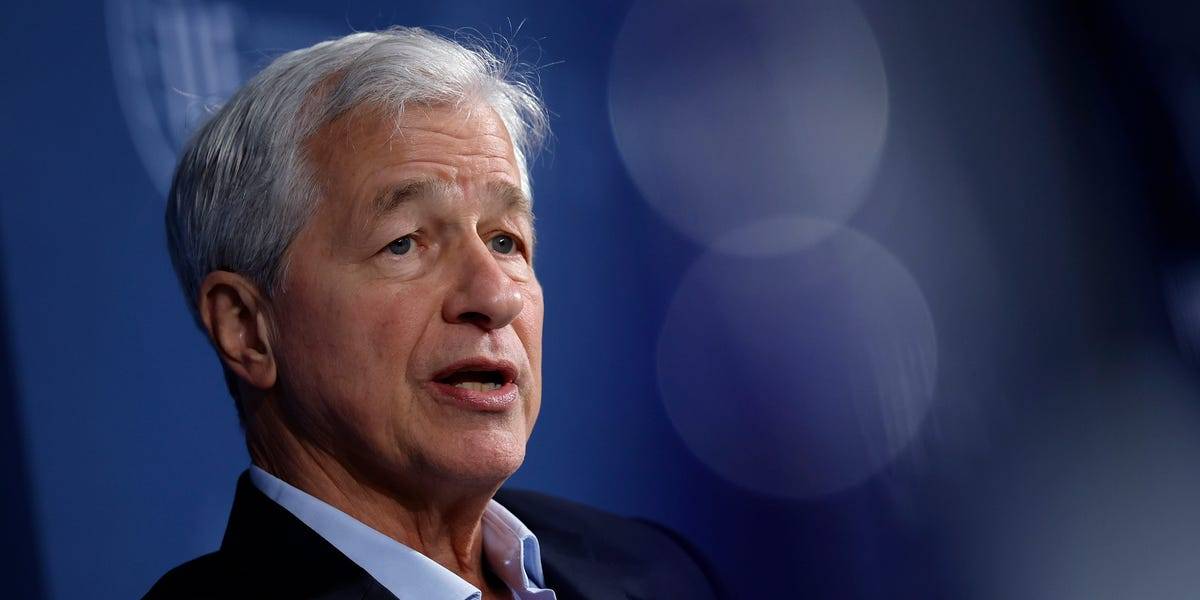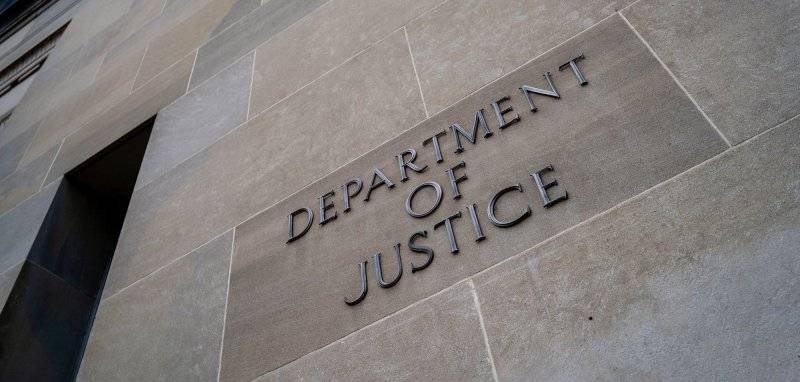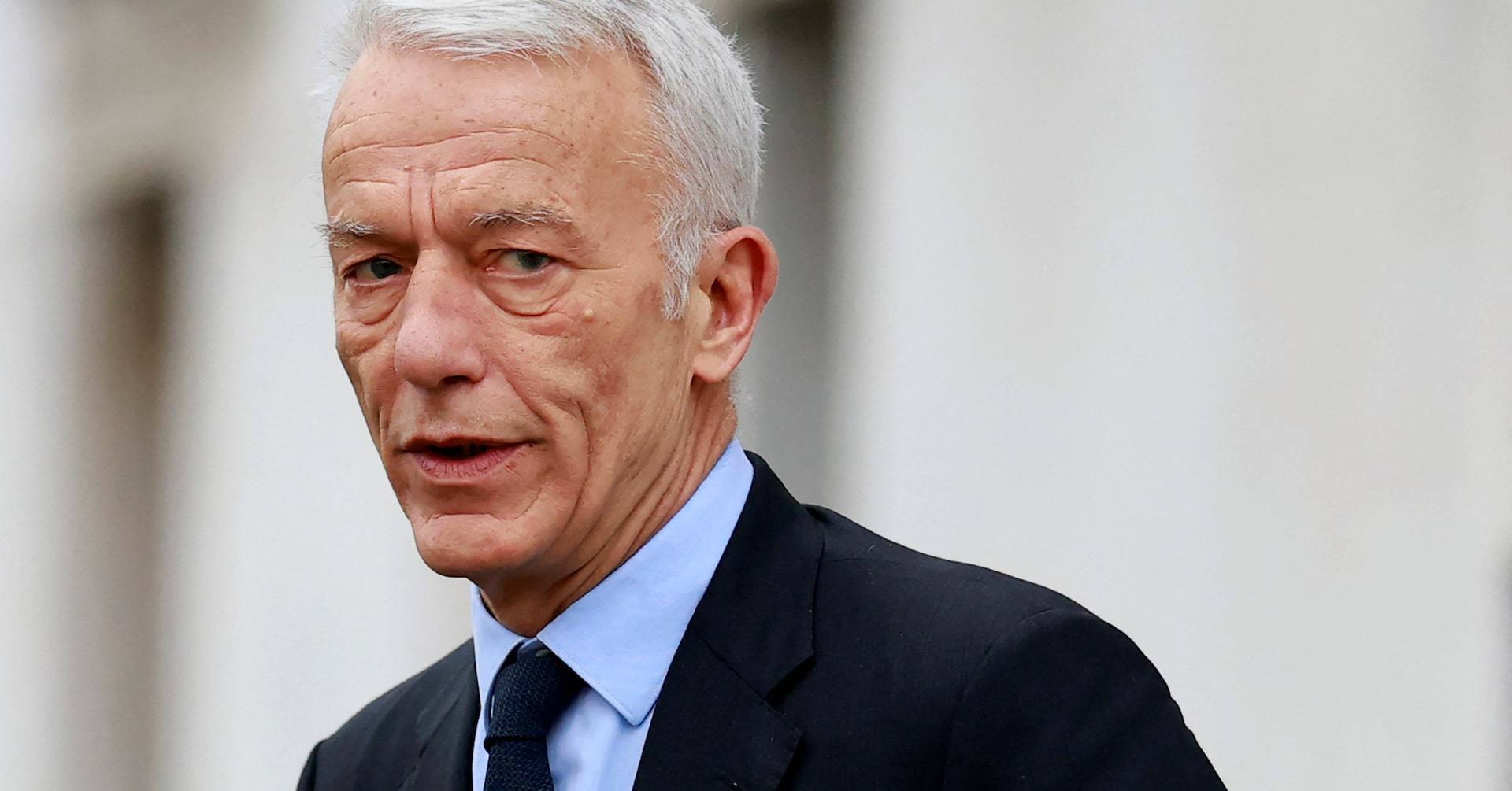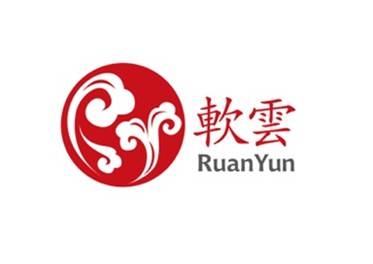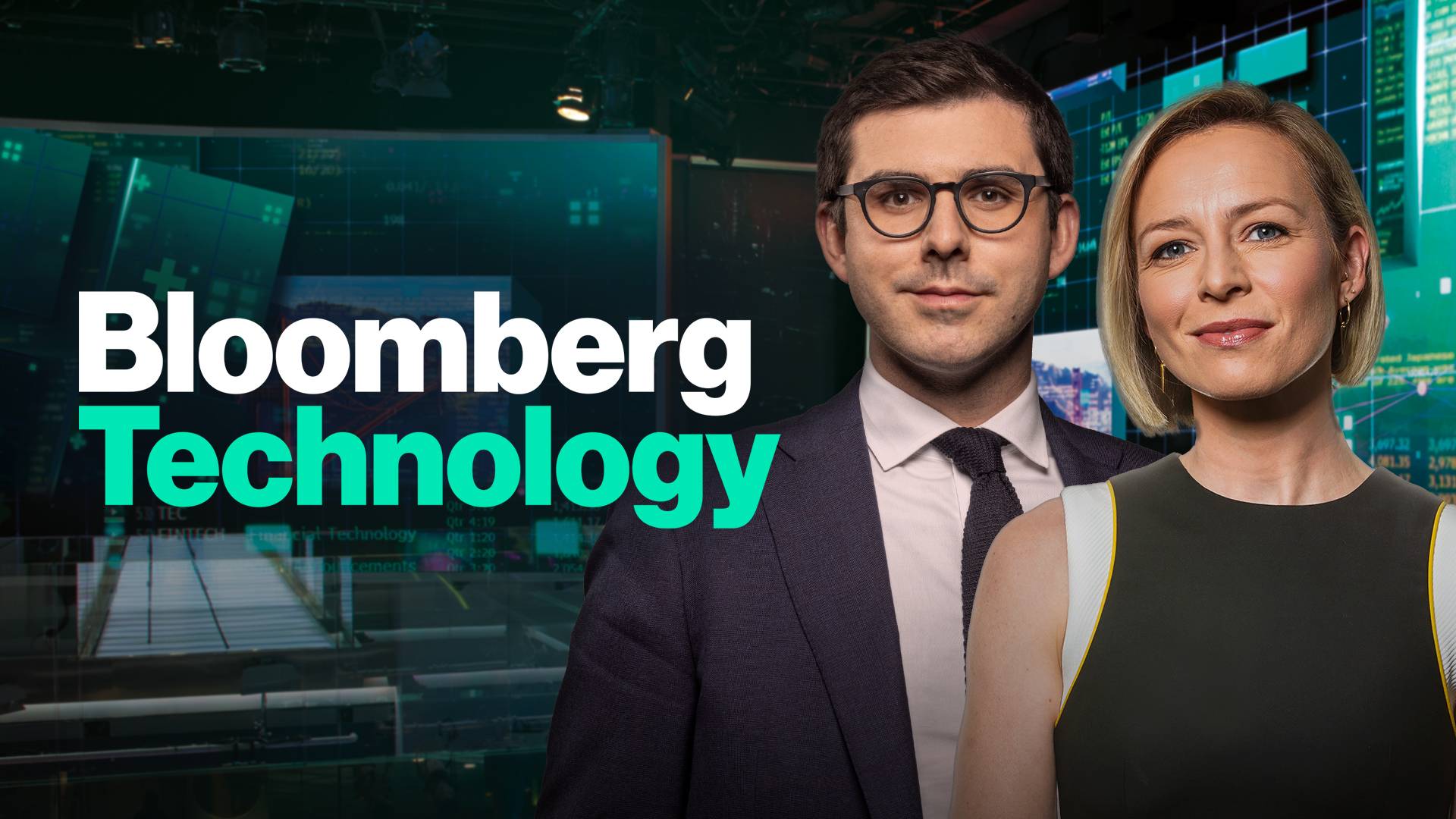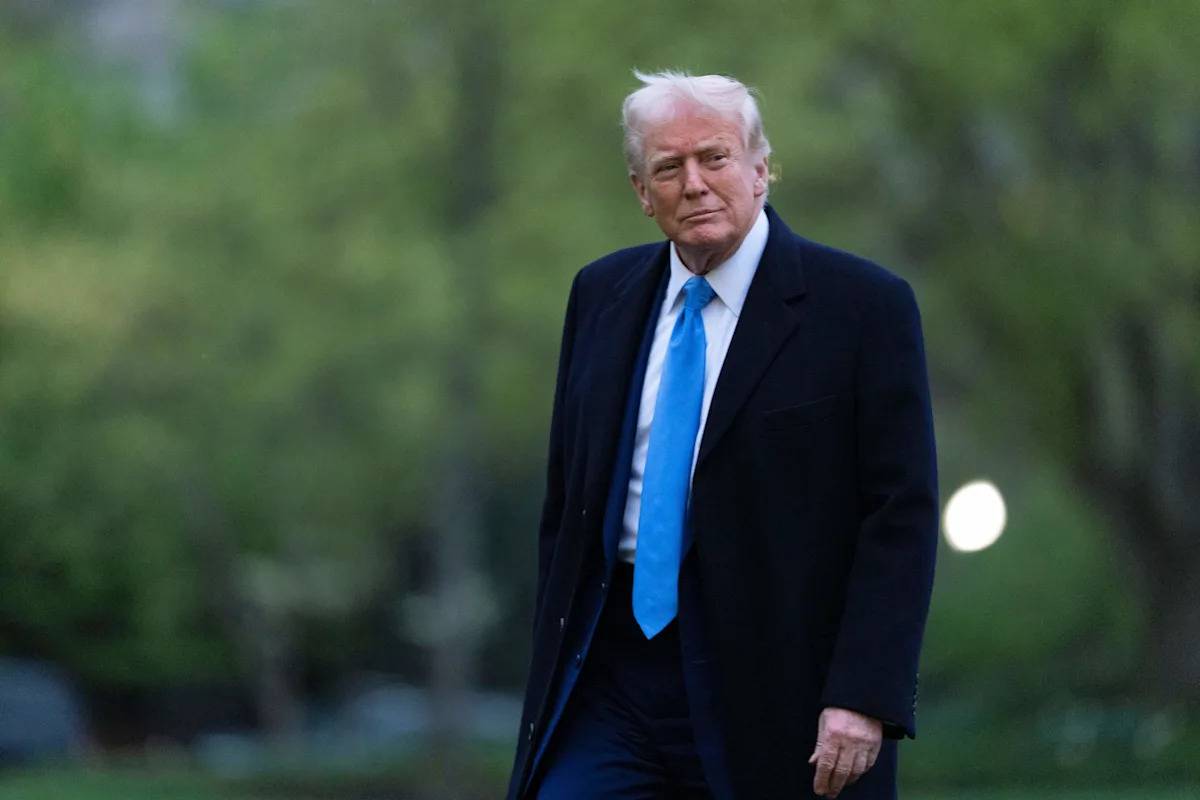Overview of Bill Ackman’s Concerns
Bill Ackman, a prominent hedge fund manager and former supporter of President Donald Trump, has recently expressed deep concerns about the administration’s aggressive tariff policies. Ackman’s warnings of a potential “economic nuclear winter” have resonated amid market volatility, as global financial markets experience significant downturns due to these policies. His suggestion for a 90-day pause on tariffs aims to mitigate possible severe economic consequences and allow time for negotiations to resolve unfair tariff agreements.
Market Reactions to Tariff Policies
Ackman’s concerns are not isolated. The announcement of sweeping tariffs by President Trump has triggered panic in global markets, reminiscent of past economic crises like the 1987 “Black Monday” stock market crash. Market futures have plummeted, with significant losses seen across major indices such as the Dow, S&P 500, and Nasdaq. International markets have also been impacted, with significant declines in Asian stocks, including Japan’s Nikkei and China’s CSI300.
Impact on Businesses and Consumers
The potential economic impact of these tariffs is multifaceted. Ackman emphasizes that small and medium-sized businesses, as well as entrepreneurs, would bear a disproportionate burden due to their inability to absorb sudden cost increases without passing them on to consumers. This scenario could lead to reduced business investment and consumer spending, exacerbating economic instability.
Confidence in U.S. Leadership Erodes
Ackman also highlights the erosion of confidence within the business community, stating that President Trump is losing the trust of business leaders worldwide. He emphasizes that while Americans support Trump’s efforts to address tariff imbalances, indiscriminate tariff impositions could destroy confidence in the U.S. as a reliable trading partner. Ackman suggests that advisors promoting these policies should be held accountable.
Execution and Timing of Tariff Policies
While the idea of tariffs is intended to address trade deficits and protect American workers, their execution has been widely criticized by financial experts like Ackman. The tariffs are set to take effect at varying rates, with some applying as early as April 5, 2025, and others on April 9, 2025. This strategic move, though aimed at bolstering the U.S. economy, has already led to significant market jitters, with financial losses mounting globally.
The Case for a Temporary Pause
In this context, Ackman’s proposal for a temporary pause is seen as a strategic opportunity for the administration to reassess and renegotiate these tariffs, potentially averting a severe economic downturn. However, with each passing day, the potential for a more catastrophic economic scenario grows, as indicated by predictions of a “Black Monday”-like market crash and the looming economic nuclear winter.
Need for Strategic Planning and Global Cooperation
As financial markets continue to react negatively to Trump’s tariff policies, the situation underscores the need for careful economic planning and international cooperation to mitigate the risks of a global economic meltdown. Ackman’s warnings serve as a reminder of the complexities involved in navigating global economic policies and the importance of sustaining business confidence in uncertain times.
Further Reading
For deeper insights into the impact of trade policies on global economies, readers can explore Epochedge News for updates on tariff developments and their market implications. Additionally, Bloomberg provides comprehensive coverage of global financial news, highlighting economic trends and their effects on international trade relationships. The Financial Times also offers nuanced analyses of economic policies and their repercussions on global markets.

